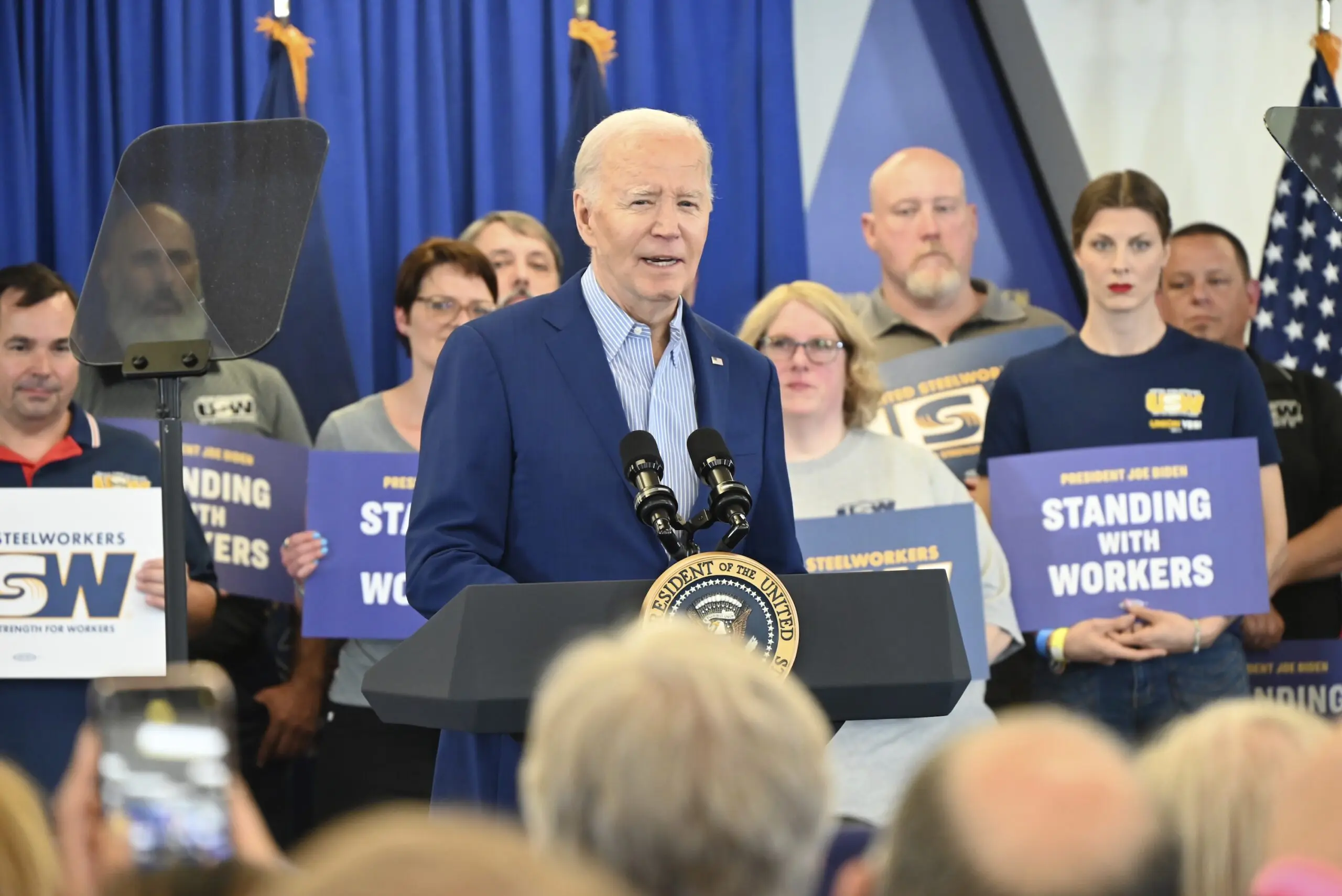National, Politics, U.S. Senate
Senate majority quashes Mayorkas impeachment due to lack of specified crimes

National, Politics, U.S. Senate

National, Politics, U.S. Senate

National, Politics, U.S. Senate

National, Politics, U.S. Senate



Community, Education, Local


Economy, Politics, White House